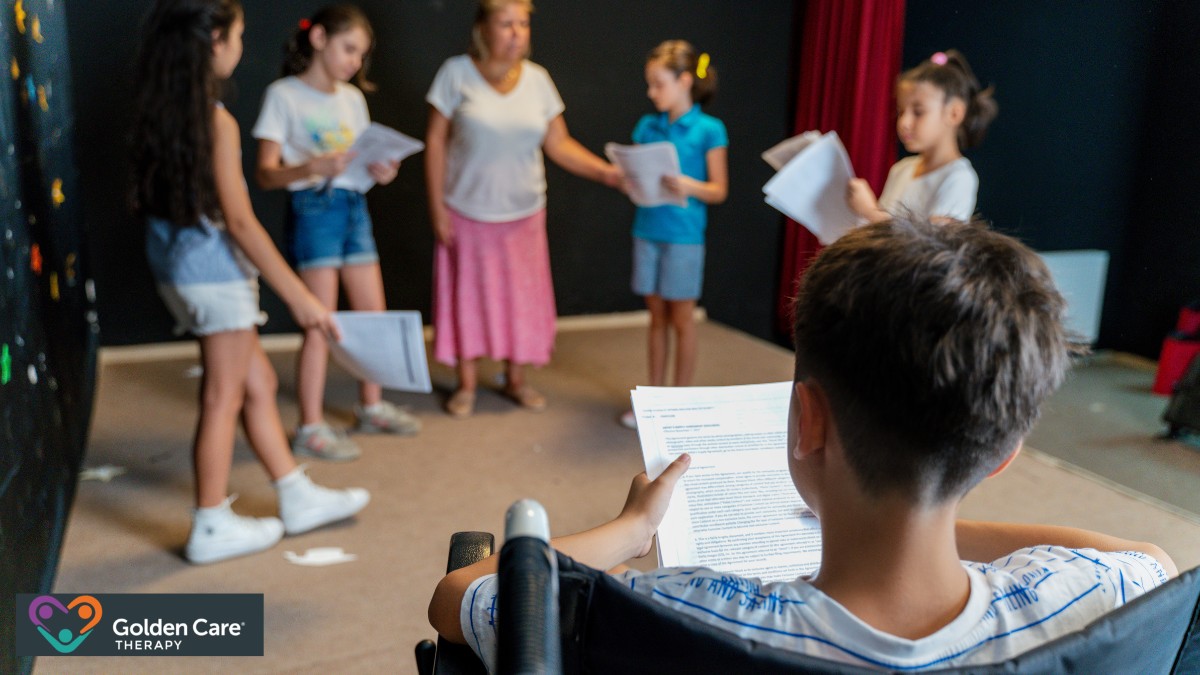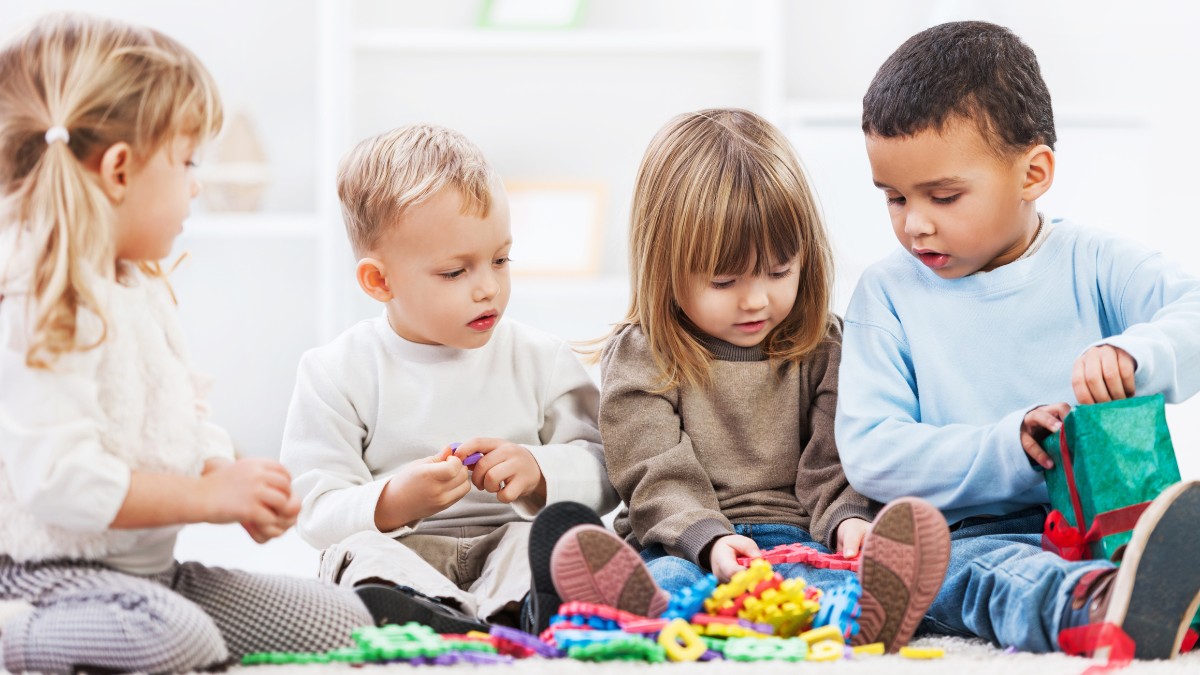When a child is diagnosed with autism, one of the areas that often stands out as a challenge is social interaction. While some children may naturally find their way in social situations, many autistic children need more structured and intentional support to develop those skills.
This is where social skills training comes into play. When done right, it can make a huge difference not only in their communication but also in their overall quality of life.
But why does this type of training matter so much? What actual changes can it bring about in a child’s life? Let’s take a deeper look at the many ways social skills training benefits children with autism.
Building the Foundation for Connection
One of the most important benefits of social skills training is that it lays the groundwork for forming real, meaningful relationships. Human beings are social creatures, and we thrive when we can connect with others.
For autistic children, making these connections can be difficult without support. Social skills training gives them the chance to learn how to initiate conversations, maintain eye contact if it’s comfortable for them, understand personal space, and listen to others’ ideas.
When these foundational skills are taught in a safe, supportive environment, children gain the confidence to use them in the real world. They begin to understand how to approach others, how to ask to join in a game, or how to respond when someone shares good news.
Improving Emotional Understanding
Another critical area where social skills training can help is in understanding and managing emotions. Many autistic children struggle with identifying feelings or interpreting emotional cues from others.
Social skills sessions often include exercises that focus on recognizing facial expressions, understanding different tones of voice, and labeling emotions. For a deeper look at how these activities support meaningful interaction, check out our article, “Social-Emotional Reciprocity in Kids with Autism Explained.“
With practice, children become more adept at reading social situations. They begin to notice when a friend is feeling sad or when someone is excited. And perhaps even more importantly, they start to develop empathy.
Understanding another person’s emotions doesn’t just help with friendships, as it also builds a sense of compassion and emotional intelligence that serves them throughout their lives.
Developing Communication Skills
Effective communication is about more than just words. It includes gestures, facial expressions, tone of voice, and the ability to understand back-and-forth conversation. Social skills training helps children improve both verbal and nonverbal communication.
For some, this might mean learning how to greet others, ask questions, or share information. For others, especially those who are non-verbal or have limited speech, it could involve using alternative communication methods like picture exchange systems or speech-generating devices.
What’s essential is that these sessions are personalized. Trainers pay attention to each child’s communication style and adjust their teaching accordingly. As communication improves, so does the child’s ability to express their needs, understand others, and engage more fully in the world around them.
Enhancing Self-Regulation
Social situations can be overwhelming for many autistic children. There are so many unwritten rules, subtle cues, and unexpected changes. It’s no surprise that these interactions can sometimes lead to frustration, anxiety, or meltdowns.
One often overlooked benefit of social skills training is its role in helping children manage these feelings.
Through structured practice, children learn techniques for calming down when they’re upset, asking for help when they’re confused, or taking a break when they’re overstimulated. They might also learn how to wait their turn, cope with losing a game, or deal with disappointment.
These are all self-regulation skills that not only support social development but also contribute to emotional well-being. To explore how children with autism can develop these essential abilities, check out our article, “Can Self-Regulation Be Taught to Children with Autism?“
Increasing Independence
As children grow older, their need for independence increases. Whether it’s joining a club at school, working on a group project, or eventually getting a job, being able to navigate social settings becomes more and more important.
Social skills training helps prepare children for these milestones. They learn how to follow group instructions, participate in conversations, and advocate for themselves when needed.
A child who has learned how to interpret social cues and respond appropriately is better equipped to handle interviews, collaborate with coworkers, or build professional relationships.
Supporting Academic Success
Although it might not seem obvious at first, social skills can have a direct impact on a child’s performance in school. Group work, classroom discussions, following directions — all of these require a certain level of social understanding. When children feel more comfortable in their social environment, they are better able to focus on academics.
For instance, a child who has learned how to ask questions in class is more likely to seek help when they don’t understand something. One who knows how to work in a group is more likely to contribute meaningfully to a project.
These seemingly small actions can make a big difference in a child’s academic performance and confidence.
When to Start and What to Look For
The earlier social skills training begins, the better, but it’s never too late to start. Children of all ages can benefit, though younger kids often show the most dramatic improvements when interventions begin early. When choosing a program, it’s important to find one that’s individualized, engaging, and evidence-based.
Look for programs that include role-playing, video modeling, peer interaction, and feedback from trained professionals. It’s also helpful when parents are involved in the process, so they can reinforce skills at home.

Final Thoughts
Social skills training holds the power to unlock a world of opportunities for children with autism. It helps them build meaningful relationships, navigate emotions, communicate effectively, and gain the confidence to tackle everyday challenges. From enhancing academic success to fostering independence, the benefits extend far beyond social interactions.
At Golden Care Therapy, we believe that with early and personalized support, children with autism can thrive, paving the way for a brighter, more connected future. Our expert team specializes in providing high-quality autism services in Georgia, New Jersey, Indiana, New York, and Florida, ensuring that each child receives the care they need to succeed. Whether it’s ABA therapy, social skills training, or individualized intervention strategies, we’re here to guide your child every step of the way.
If you’re ready to help your child grow and succeed, don’t hesitate to contact us. Our dedicated team is just a call or message away to answer your questions and help you get started on the path to success.
Sources:



